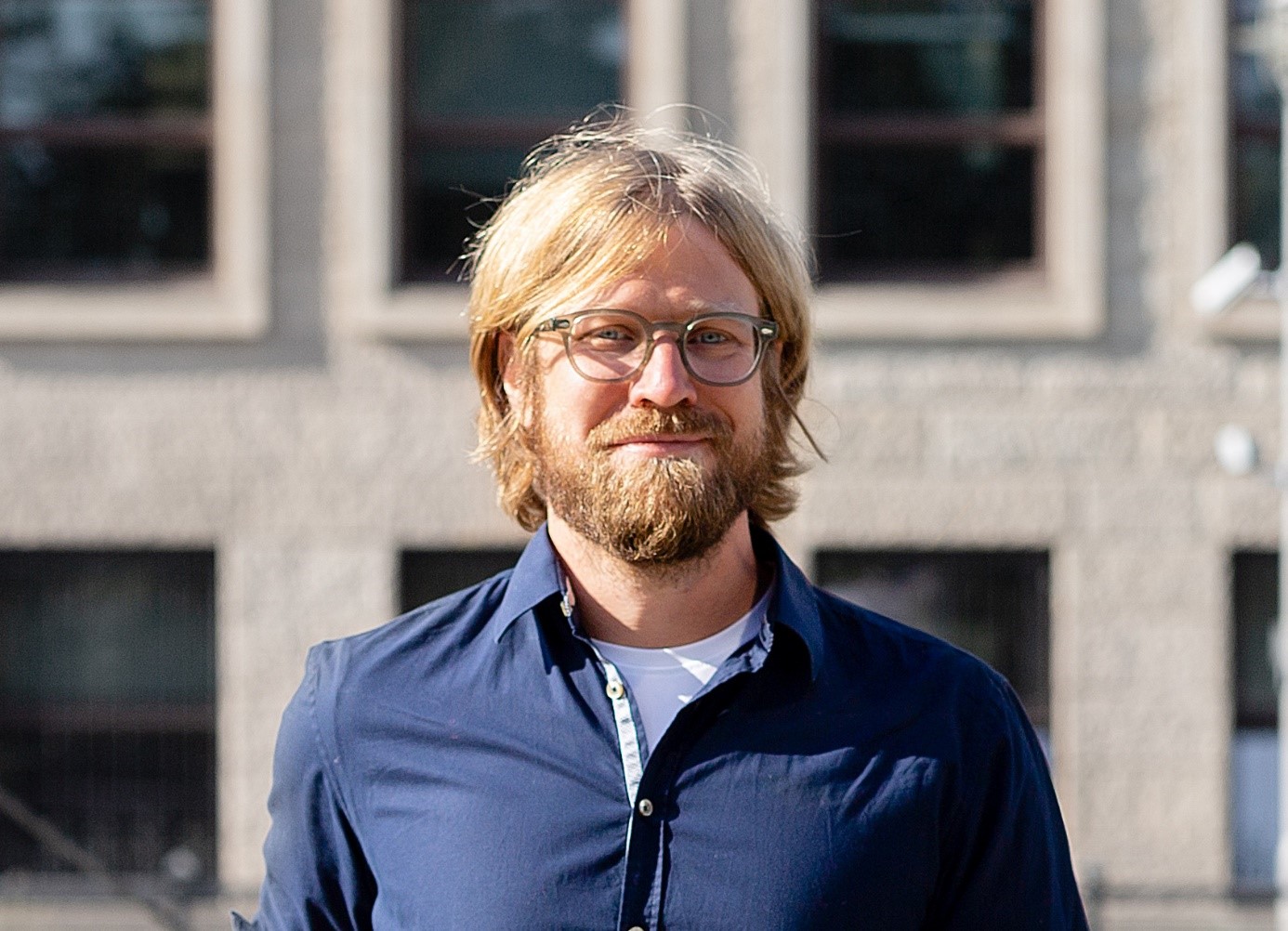
The hard work and innovative thinking of our employees goes into all our projects. They make KWB what it is and are the key to our success. We would therefore like to introduce you to the people behind the projects. This time: Wolfgang Seis.
Wolfgang, what did you study and how long have you been at KWB?
I studied Environmental Engineering at TU Berlin and have been at KWB for over 10 years now.
How do you support the KWB team with your work and expertise?
The focus of my work is on the implementation and coordination of projects dealing with the assessment and management of microbiological risks in different water uses (bathing water, water reuse). In doing so, I develop risk-based models to predict and assess the occurrence of microbial pollution. Specifically, I’m working on further developing open source software solutions. Through their help, microbial risks, among other things, in the area of water reuse can be quantitatively assessed, or bathing water quality can be predicted by forecasting the concentrations of faecal pollution.
What major societal issues does your work have to do with?
In the context of climate change and ever-growing cities, water use and supply, as well as urban spaces, need to be developed in a way that ensures water supply and achieves or maintains a high quality of life in cities.
Water reuse and the restoration of urban water bodies (e.g. rivers) as local recreation areas can play an important role here. However, in order to successfully implement such concepts, existing risks must be assessed and, if necessary, appropriate measures need to be taken. This is where my research comes in.
Is there a particular research trend or new research topic that you find particularly exciting? What do you see as the crucial issues for the future? What do we need in terms of development?
I find the interface between deterministic, process-related models and statistical, data-driven modelling approaches very exciting, and am curious about how the two modelling areas can complement each other. I’m also fascinated by how the use of existing data, as well as new algorithmic approaches, can add value to improved water resource management. Of course, any initiatives that facilitate the secure use of data and promote interoperability between different systems through approaches such as open data, open source or standardised data models are welcome.
Lifelong learning: How do you keep up to date and educate yourself in your field of research?
It varies a lot. I usually teach myself new methodologies or programming languages. Often with the help of online courses, which are now offered as Massive Open Online Courses (MOOCs) by many leading universities, sometimes even for free. Most of the time I try to solve a specific problem with the help of a new method or language.
In addition to my work at KWB, I’m simultaneously pursuing my PhD at TU Delft in the Netherlands. My thesis deals with the further development of methodologies for risk-based forecasting models. I hope that this will not only keep me up to date, but also allow me to make a small contribution to research development. In this context, there is also a very extensive graduate programme at TU Delft which regularly offers courses on "softer" skills such as presentation techniques, storytelling or management and communication.
EmployER of the month: What are you particularly proud of at KWB?
The high level of commitment, agility and motivation of the team.
What do you do when you are not at KWB?
I have a little daughter (hello!) who takes up all my free time.
And finally, please complete the following sentence: KWB is a special place because...
... it always stays exciting.


